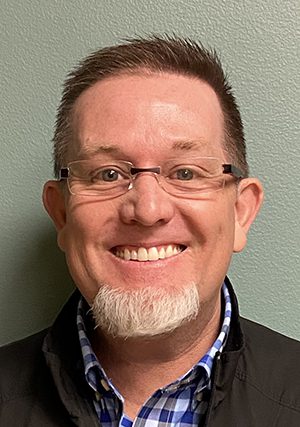“You spent a long time locating the perfect financial advisor. But, are you prepared for the day when that advisor can no longer assist you with your retirement portfolio?”- Brad Pistole
If your advisor died or was incapacitated, do you know who would step in to handle your account? Nearly everyone who has begun the task of crafting their ideal retirement has probably had this question in the back of their mind. It is a necessary, albeit uncomfortable, conversation for you to have with your advisor. When you realize that 73% of all advisors and agents do not have succession plans in place, you can see that it’s a talk you must have with the person entrusted with your financial future.
The graying of America is happening to advisors too.
The average financial services professional is 51, about the same age that many Americans begin retirement planning. Nearly forty percent of current advisors say they want to retire in the next decade. Even if your advisor wants to want to work as long as possible, poor health or chronic illness could force them to retire earlier than anticipated, perhaps just when you need them most.
Does your advisor have a Plan B in place?
You share a great deal of personal information with your financial planner, so you must know that your money and sensitive data are protected no matter what happens. This protection extends to the unexpected death or illness of your advisor. Since your advisor’s job centers on protecting your wealth, it only makes sense that they have a contingency plan in place and that you know the details of that plan.
Things to consider
If your money is with a more prominent financial services firm, what if your current advisor dies or is physically unable to service your account? There’s a good chance you’ll be handed off to one of the firm’s other advisors. If this is the case, you want to know if you will have any say in who winds up with your account. Will you have a chance to interview other potential advisors at the firm to see which one works best for you? Will you be able to take your account elsewhere if you don’t like your options?
Having a team would help.
One way to deal with the possibility that your current advisor may not be around when you retire is to build an advisory team rather than rely on one person. Taking a team approach to planning might be a good idea, even if you aren’t worried about suddenly having to change advisors later. After all, what brings you to a certain point in your financial life isn’t always the same thing that will help you meet your retirement goals. A team strategy allows you to benefit from having multiple sets of eyes reviewing your portfolio and providing insights.
What about “Robo” advisors?
There’s been some discussion in the financial services industry about artificial intelligence shaking things up in the form of “Robo” advisors. Indeed, robot advisory companies have drastically reduced asset management costs and created new efficiencies in money management. If you are currently paying someone to oversee your accounts, using a Robo advisor might offer a less expensive alternative. However, if you are uncomfortable with technology, you may want to think twice about going the untested, artificial intelligence route. Letting an algorithm make essential money decisions may not feel right, resulting in increased retirement stress. You also might not enjoy doing a lot of the heavy lifting yourself when it comes to planning. The AI-based financial advisory model hasn’t quite arrived yet, so you would probably be responsible for many of the things your human advisor is doing right now. Is that something you want to do?
The Bottom Line:
Financial advisors aren’t superhuman. They are subject to the same life challenges as the rest of us: the possibility of early death, incapacitation, and chronic illness. Advisors who aren’t at least ten years younger than their clients will likely be retiring simultaneously. There is a real possibility that the advisor with whom you began your financial journey won’t be around to help you complete it. Please plan accordingly, and don’t be afraid to ask your trusted advisor about their Plan B.
Brad Pistole is a member of Syndicated Columnists, a national organization committed to a fully transparent approach to money management.
Trinity Insurance & Financial Services Inc. 5511 N. Farmer Branch Rd., Suite 101, Ozark MO 65721. 417-581-9222
Interested in additional information? Register for Brad’s FREE Newsletter at 888-998-3463 or click his newsletter link: Brad Pistole Newsletter
Syndicated Columnists is the sole provider of this material, both written and conceptual, for this column. All rights reserved.


















